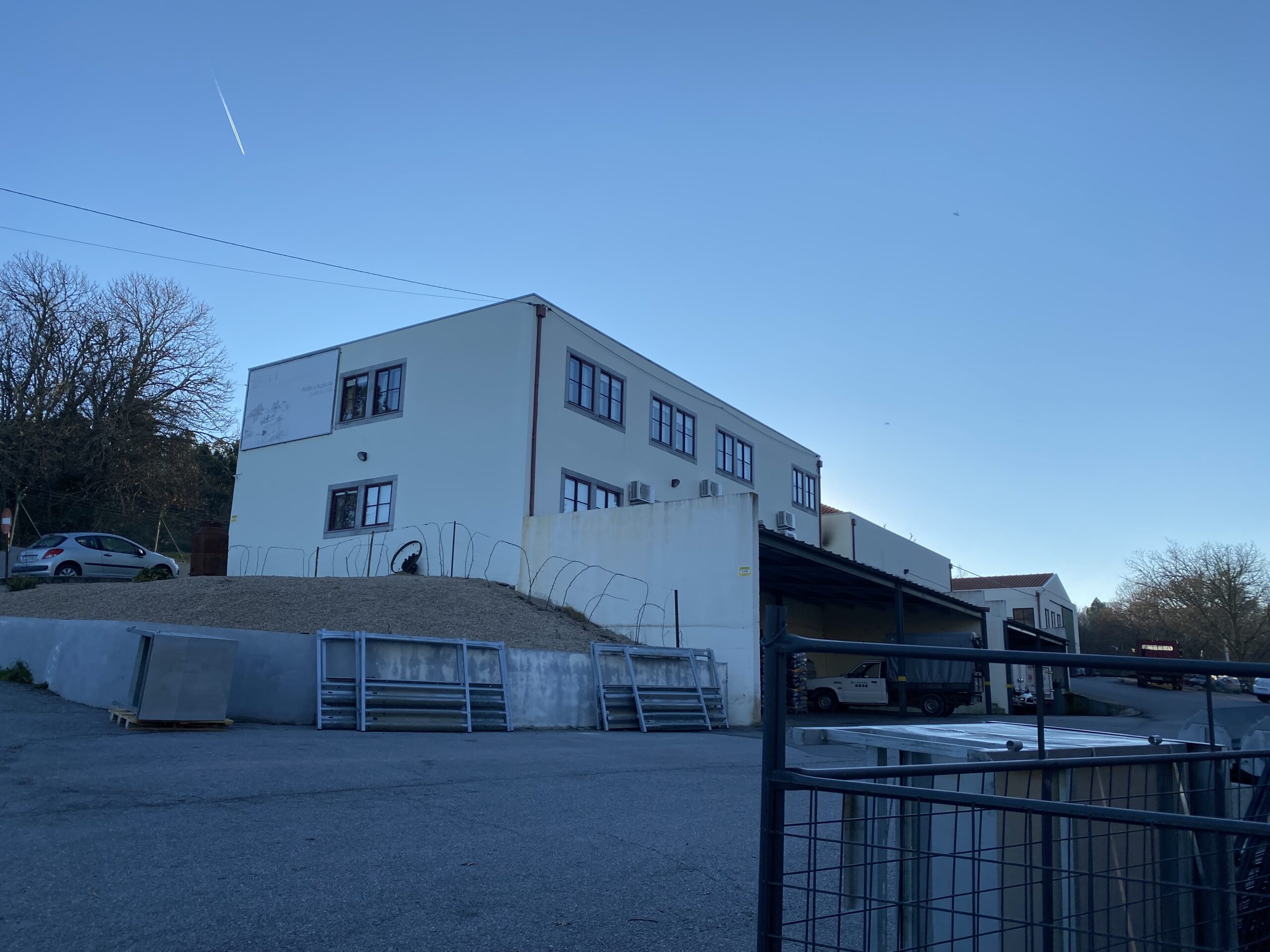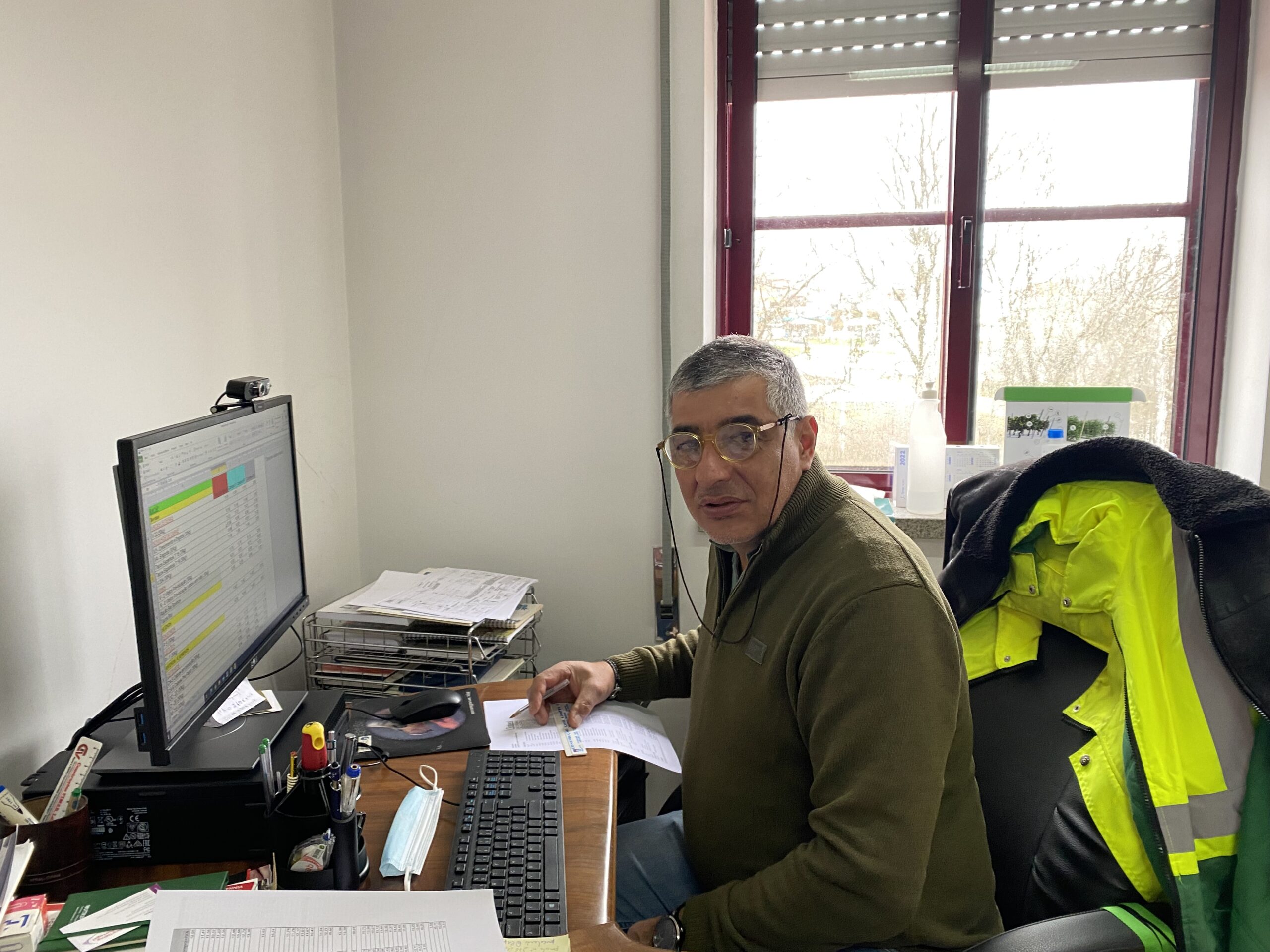Paulo Poço is the technical director of ACRIGUARDA, an organization of livestock producers in the municipality of Guarda. In this interview we get to know him a little better, his vision for the territory and the role of Rewilding Portugal in the new paradigms of the sector.
What are ACRIGUARDA’s main objectives and what have been the main challenges in recent years? What are your main roles in the organization?
Starting with the last part of the question, I am the technical director of the association, whose main objective is to provide services to our members, who are mostly livestock producers. These services range from artificial insemination and sanitation of livestock to the preparation of all types of applications for community funds in the field of agricultural advice.
Rewilding Portugal has been working with livestock producers in the municipality of Guarda since 2019. From your point of view, do you think this has been an added value for local producers?
This type of partnership is always an asset for both institutions. Farmers will always be the true preservers of nature, but for this preservation, clarification and monitoring of these producers is necessary, so that they do not make mistakes and can minimize the impacts of their activity. In turn, institutions such as Rewilding Portugal are fundamental in this type of partnership, namely in clarifying and demonstrating the results of sustainable practices and in disseminating these practices to the general public, which listens and supports them more easily.
The increase in the number of extensive cattle farms in recent years has created an additional challenge in the coexistence with the Iberian wolf. What measures do you consider to be most effective to protect this type of livestock in the region and why?
Livestock raising habits have basically changed due to lack of labour in the villages – rural abandonment. The cattle ceased to be collected in the stables and to have the triple aptitude (meat, milk and work), remaining all the time in the field. Firstly, compensation for livestock losses due to the wolf needs to be resolved more quickly, as well as the amounts need to be reviewed. This solution would calm the producers’ anger. Next, all the parties involved should reflect on the practices to be implemented to minimize the losses, considering not only animal welfare, but also the preservation of biodiversity, as it is an asset of incalculable value. To this end, we will have to exchange ideas, demonstrate the added value of preserving nature, visit other examples and adapt them to our reality, help implement nature-based tourism, etc.
What is the biggest challenge at the moment in terms of coexisting with the Iberian wolf?
Calming down the producers and silencing the voices that cause this instability. Getting everyone to the negotiating table.

What are the contributions that livestock producers with good practices can bring to the protection of the environment and greater sustainability of the livestock sector?
Livestock producers will be the main guarantee, when properly guided, of preserving the environment. Their farms are the natural firebreak in a desertified and abandoned territory. Due to the edaphic conditions in the region, their head counts are very low (0.2 normal heads/ha), which allows for harmony and sustainability between nature and livestock exploitation. The maintenance of traditional marshes and the implementation of biodiverse meadows to feed the herds increases carbon sequestration. The use of land outside the livestock farm to produce cereals, which will be baled and used in the absence of food, keep the land clean and feed wild fauna, from deer to rabbits, hares, and partridges. These producers are largely responsible for preserving native trees (black oak, holm oaks, ash and strawberry trees), which they admire so much, because they not only improve the soil with an increase in organic matter resulting from the fall of leaves, but also serve as food with acorn production and protect their animals from adverse weather conditions.
In the future, what would you like to see happen here in the region, in terms of the coexistence between livestock production and nature conservation and ecological restoration of the Greater Côa Valley?
I would like the various entities and partners to look at all of this as an added value in increasing differentiated tourism, aimed at the sustainability of biological farms with indigenous breeds perfectly adapted to the region, producing endogenous products. In addition, managed hunting that allows the preservation of deer and managing wild boar for feeding the wolf and the effective control of rabbits, hares, and wild partridges without the introduction of captive species, which are easily and disorderly mixed with those that exist and often lead to their extinction. I know that the topic of hunting is controversial but managing it consciously in a way that effectively preserves habitats, can help bring nature and hunting tourism to the region, creating more economic power and giving residents better conditions of life, effectively making the region more attractive and preventing abandonment.
